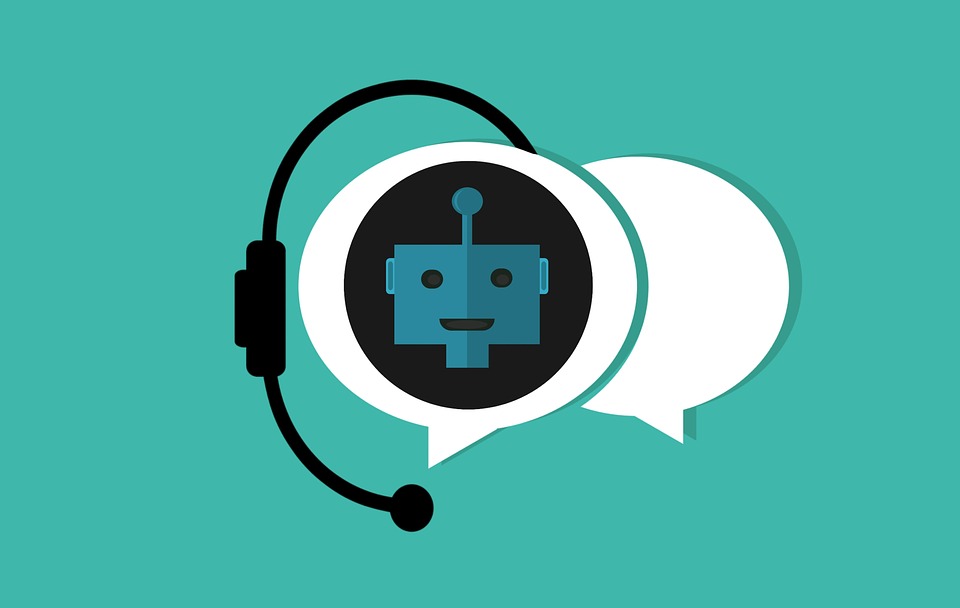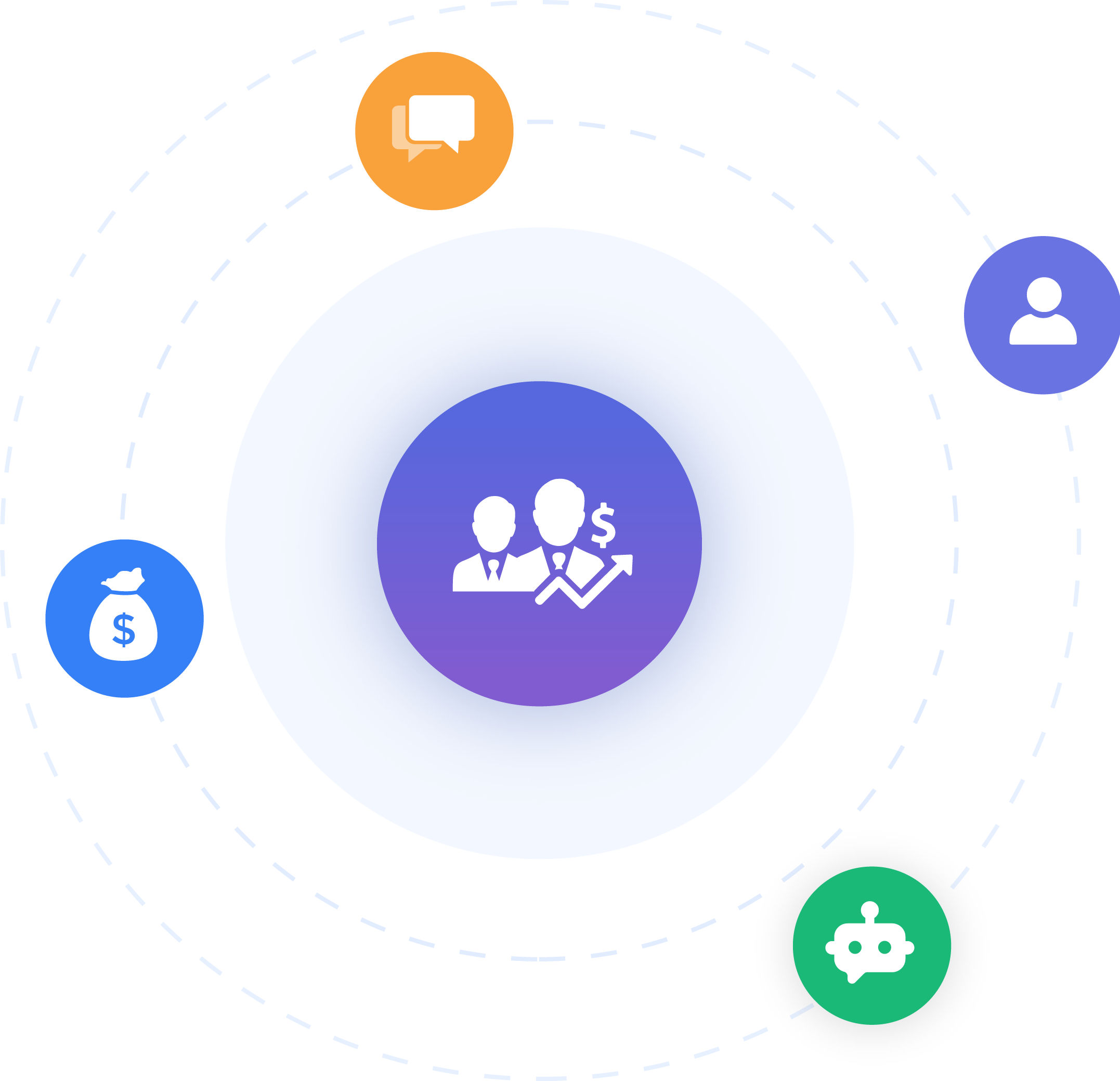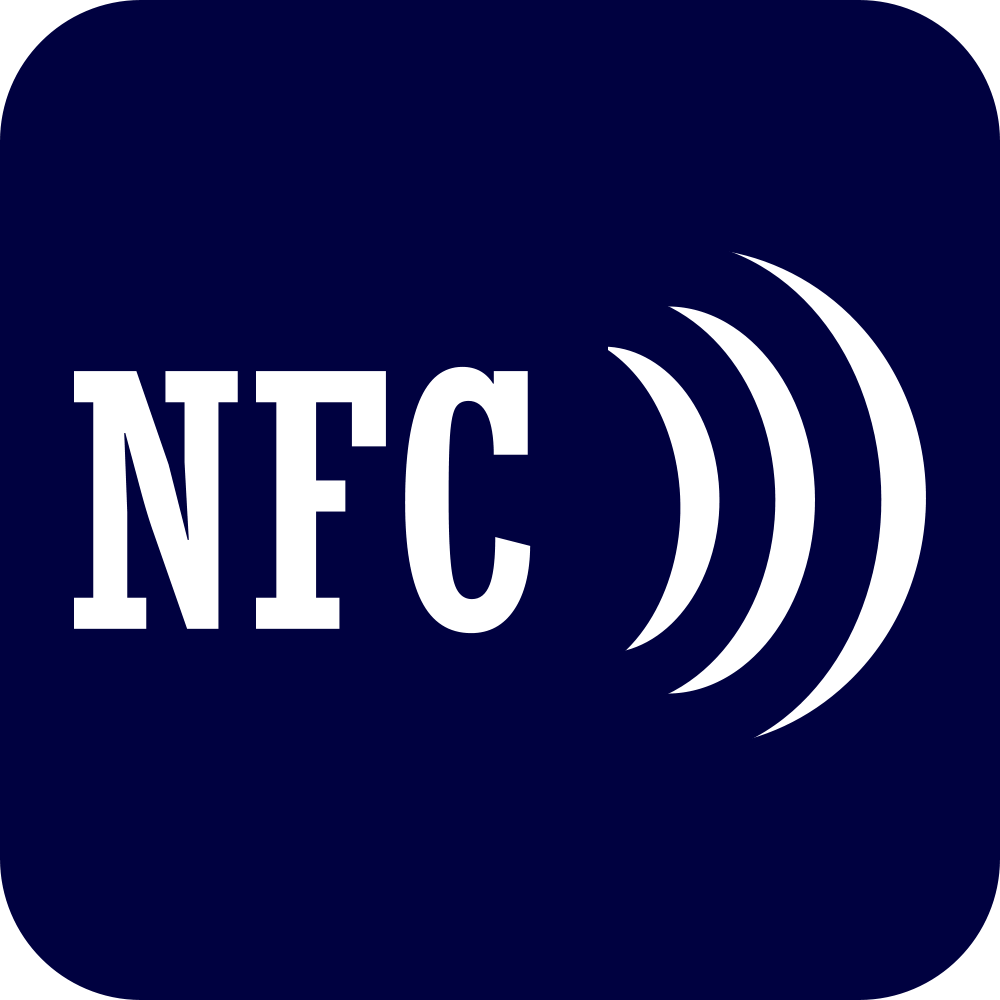
Chatbots, or conversational agents, have emerged as a transformative technology in the realm of digital communication. Powered by artificial intelligence (AI) and natural language processing (NLP), chatbots simulate human-like conversations and perform a variety of tasks ranging from customer service to personal assistance. This article explores the development, functionalities, applications, and future potential of chatbots.
Evolution and Technology Behind Chatbots
The concept of chatbots dates back to the 1960s with the creation of ELIZA, a simple program that mimicked human conversation. However, it wasn’t until the advent of advanced AI and NLP that chatbots began to exhibit more sophisticated and natural interactions. Modern chatbots leverage machine learning algorithms to understand and respond to user queries effectively. They can process large amounts of data, recognize patterns, and improve over time through continuous learning.
Core Functionalities of Chatbots
Chatbots are designed to perform a range of functions, including:
- Customer Service: Chatbots handle customer inquiries, provide information, and resolve issues in real-time. This 24/7 availability enhances customer satisfaction and reduces the workload on human agents.
- Personal Assistance: Digital assistants like Siri, Alexa, and Google Assistant use chatbot technology to help users with tasks such as setting reminders, sending messages, and retrieving information.
- E-commerce: Chatbots assist customers in shopping by recommending products, processing orders, and providing updates on delivery status.
- Content Delivery: Chatbots deliver personalized content such as news updates, weather forecasts, and financial reports based on user preferences.
- Appointment Scheduling: Chatbots can manage calendars, book appointments, and send reminders, streamlining the scheduling process for both businesses and individuals.
Applications Across Industries
Chatbots have found applications across various industries, enhancing efficiency and user experience:
- Retail: In the retail sector, chatbots engage with customers on e-commerce platforms, helping them find products, providing personalized recommendations, and facilitating transactions.
- Healthcare: Healthcare chatbots offer medical advice, schedule appointments, provide symptom checks, and remind patients to take their medication. This helps in improving patient engagement and access to healthcare services.
- Banking and Finance: Financial institutions use chatbots for customer support, fraud detection, and financial advice. Chatbots can help customers check account balances, transfer funds, and understand financial products.
- Travel and Hospitality: Chatbots assist travelers in booking flights, hotels, and car rentals. They provide information about destinations, itineraries, and travel updates, enhancing the overall travel experience.
- Education: Educational chatbots act as virtual tutors, assisting students with homework, answering queries, and providing study materials. They also help educational institutions manage administrative tasks.
Benefits of Chatbots
The adoption of chatbots offers several benefits:
- Cost Efficiency: By automating routine tasks, chatbots reduce operational costs associated with customer service and support.
- Scalability: Chatbots can handle an unlimited number of interactions simultaneously, making it easier for businesses to scale their operations without compromising on service quality.
- Improved Customer Engagement: With personalized and instant responses, chatbots enhance customer engagement and satisfaction.
- Data Collection and Analysis: Chatbots collect valuable data on customer interactions, preferences, and behaviors, providing insights that can be used to improve products and services.
Challenges and Future Prospects
Despite their advantages, chatbots face challenges such as:
- Understanding Complex Queries: While chatbots have become more sophisticated, they still struggle with understanding and responding to complex or ambiguous queries accurately.
- Personalization: Achieving a high level of personalization requires extensive data and advanced algorithms, which can be difficult to implement.
- User Trust: Users may be hesitant to trust chatbots with sensitive information, especially in sectors like healthcare and finance.
Looking ahead, the future of chatbots is promising. Advancements in AI and NLP are expected to make chatbots even more intuitive, capable of understanding context, emotions, and delivering more personalized interactions. Integration with other emerging technologies like blockchain and the Internet of Things (IoT) will further expand the capabilities and applications of chatbots.
Conclusion
Chatbots are revolutionizing the way businesses interact with customers, providing efficient, scalable, and personalized communication solutions. As technology continues to evolve, chatbots will become even more integral to our daily lives, transforming industries and enhancing the user experience.






